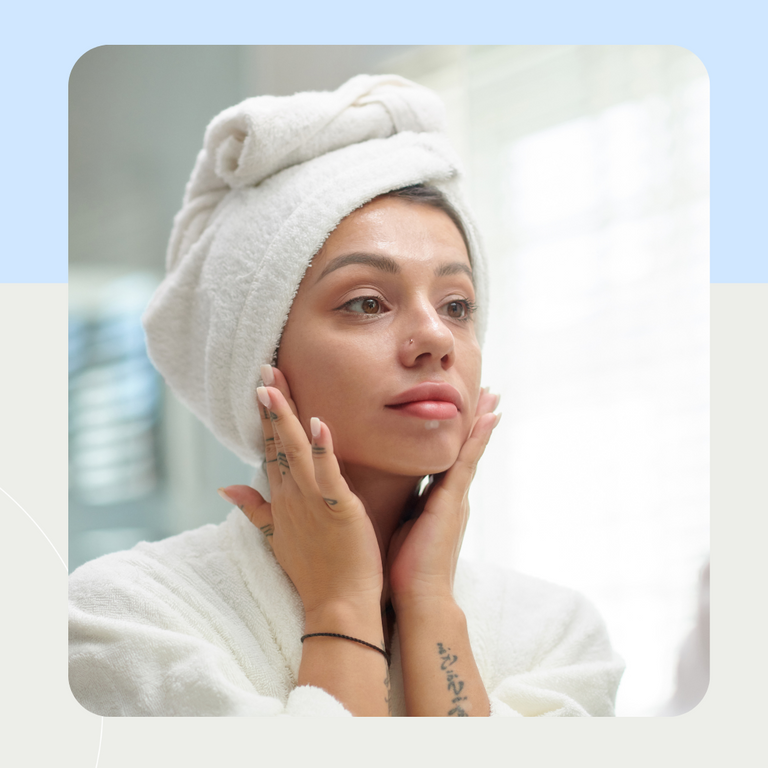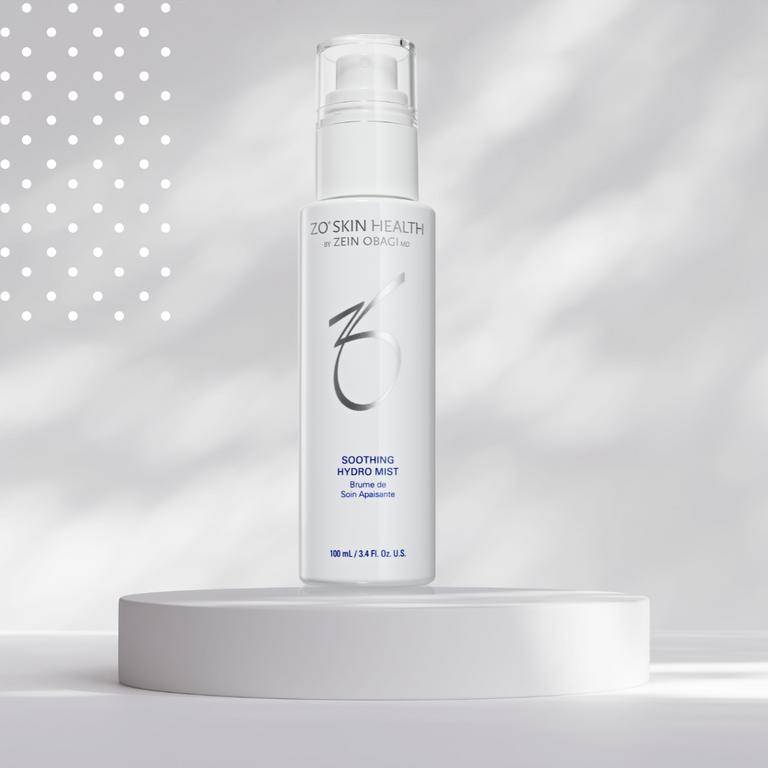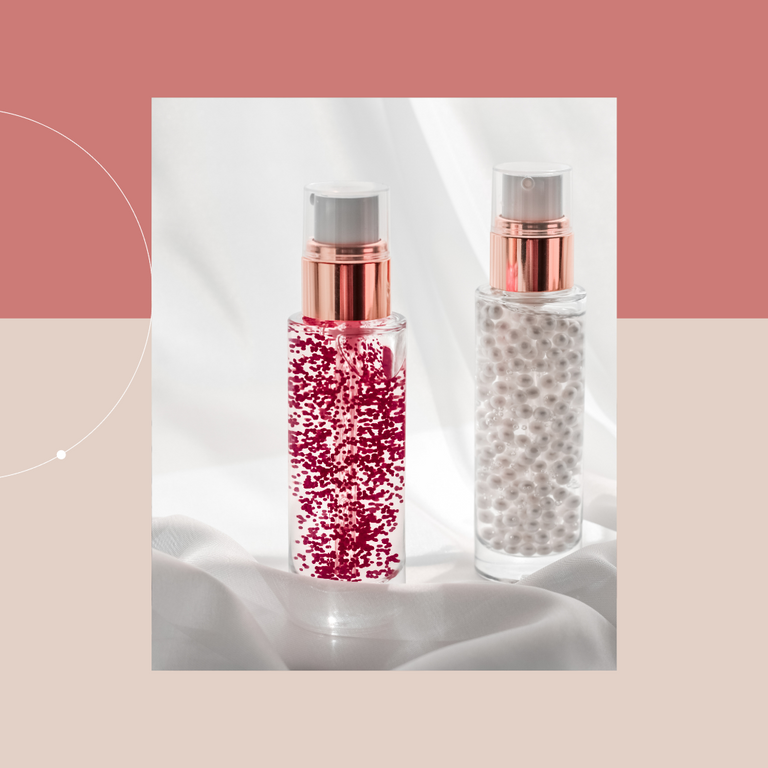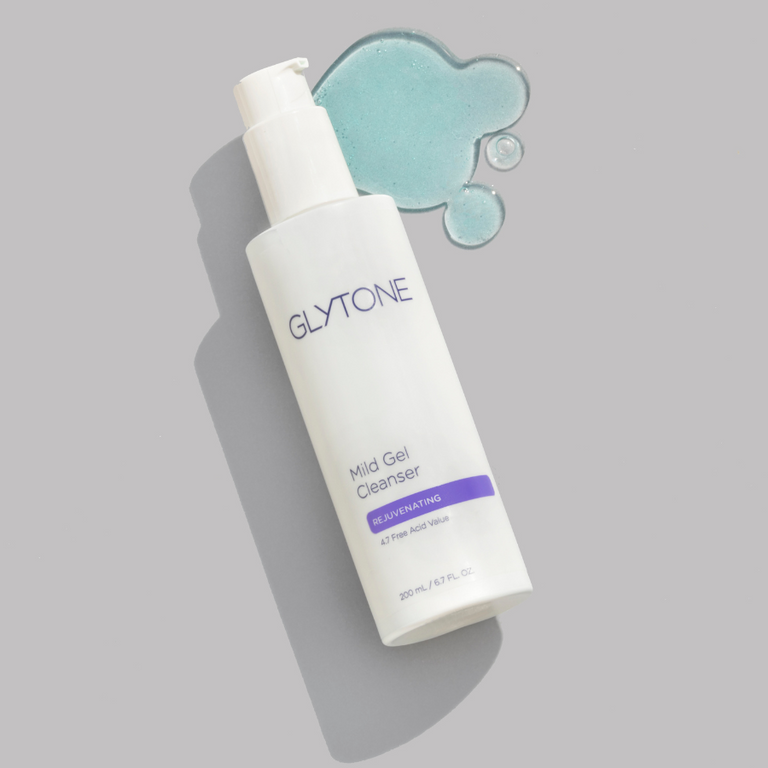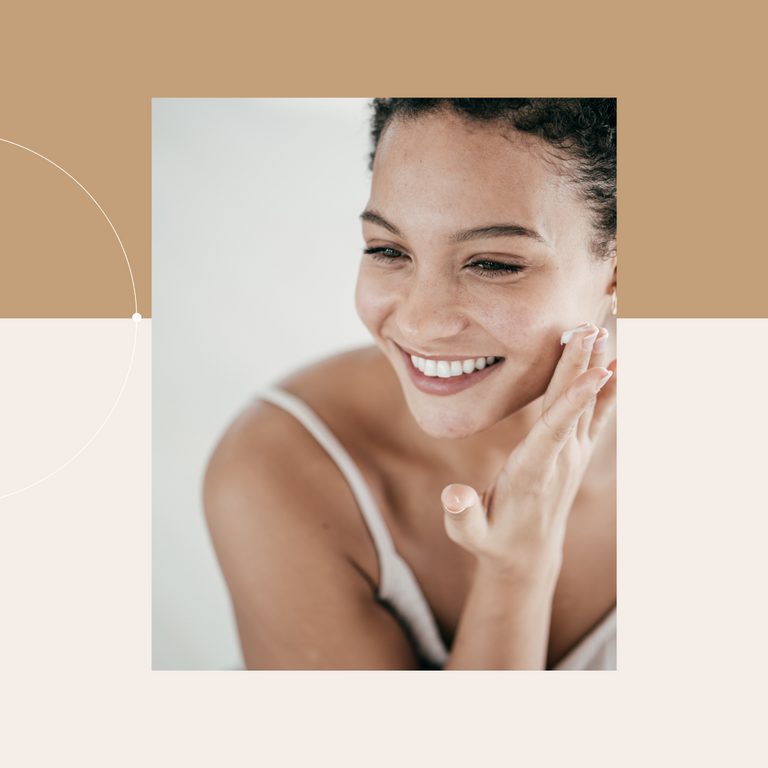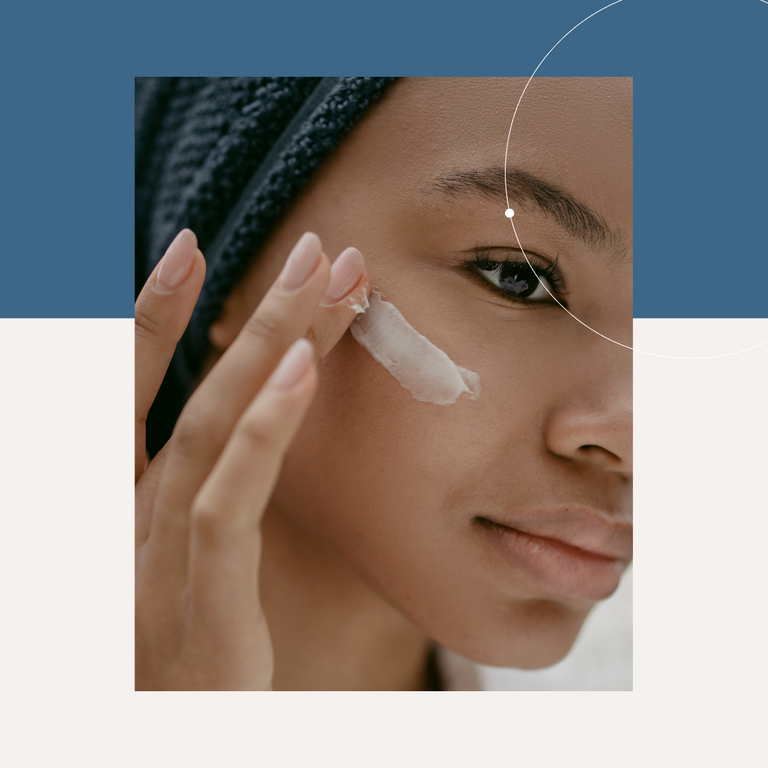If you’re confused about the difference between retinol, retinoid, tretinoin and other related words, we’re demystifying it all right here! From its benefits to retinol side effects to which retinols will suit your skin type, let’s take a deep dive into this incredible ingredient.
At Face Dr, we aim to give you unbiased advice on the products you’re thinking of purchasing, so if you’ve been wondering how to use retinol and whether or not it’s for you, you’re in the right place.
Already sold on the benefits of retinol?
Here’s what we’ll cover:
- What is retinol and where does it come from?
- Why is retinol so popular?
- What can it do for my skin?
- What side effects can I expect when I start using retinol?
- What’s the best way to apply retinol?
- Who would benefit most from using retinol?
- What ingredients work well with retinol, and what ones do not?
- Do I need to use anything else alongside it?
- Which ZO Skin Health products in the Face Dr range contain retinol?
- Which Obagi Medical products in the Face Dr range contain retinol?
- Summary: Should I start using retinol?
What is retinol and where does it come from?

You may have heard the terms ‘retinol’ and ‘retinoid’, so let’s start by clearing up the difference between the two; ‘retinoid’ is a sort of umbrella term for several vitamin A-based ingredients used in skincare, and ‘retinol’ is a type of retinoid. You have likely heard of retinol before because it’s an effective ingredient at improving skin ageing, uneven skin tone, texture and pigmentation — an all-rounder!
Retinol helps to increase skin cell production to improve issues like blocked pores, rough skin and ageing skin, as it increases collagen production. Retinol can be purchased over the counter, but if you want a stronger, more effective formulation, you can order through a prescription service such as Face Dr.
What can Retinol do for my skin?

There are all sorts of retinol-based products offering slightly different results depending on the percentage used in the formulation. It has been found to help reduce:
- Fine lines and wrinkles
- Acne and acne scars
- Melasma and hyperpigmentation
- Sun damaged skin, like sun spots
- The appearance of large pores
- Uneven skin texture
- Stretch marks
- Psoriasis
Retinol is incredibly effective, which is why it’s step number one in our article on the top 8 skincare tips to combat skin ageing.
Why is retinol so popular?
Retinol seems to be everywhere, and many products use it in their formulations because it’s somewhat of a ‘buzz’ word. The problem is, it’s not always used in concentrations that are actually effective on skin, so a prescription product often offers the best results.
Tretinoin was the first retinoid to be used in skincare, originally as an acne treatment in the 1970s. But later it was discovered to also help even out pigmentation and speed up the turnover of skin cells and production of collagen, leading to a reduction in fine lines and wrinkles.
Since then, many studies have proved its effectiveness. In one study, participants used retinoic acid and retinol treatments for 4 weeks, and had their facial image analysis taken. The results showed an increase in epidermal thickness, and upregulated genes for collagen type 1 (COL1A1) and collagen type 3 (COL3A1). The most exciting results happened after 12 weeks of retinol application, when participants saw a significant reduction in wrinkles.
In another study, the conclusion was that amongst a range of anti-ageing ingredients, retinoids were the most promising on the market. With ongoing research into the far-reaching benefits of retinol products, their popularity continues to grow.
What side effects can I expect when I start using Retinol?

With all those amazing skin benefits… what’s the catch? Well, if you’ve tried retinol before or read anything about it then you’ll probably know it can cause some mild to moderate side effects. Side effects from topical retinol treatment usually only last a few weeks, but can include:
- Skin irritation
- Dryness
- Redness
- Itching or burning
- Skin peeling or flakiness
- Higher risk of sun damage
Although these side effects won’t affect everyone who starts using a retinol treatment, they are quite common and many people will notice an adjustment period as their skin gets used to the treatment. Reactions tend to go away within around 2-4 weeks, so it’s always best to work with your Skin Expert to get through this period of time, as they can recommend additional products to help and adjust the percentage if necessary.
What is the best way to apply retinol?

To give your skin the best chance at acclimatising to retinol products, you should take into account the ingredient's half life. This means the amount of time it takes for an ingredient to degrade by half. In the case of retinol, this is around 72 hours (see Dr Julia’s video mentioning retinol half-life, here), which means you should try to stick to applying retinol at least every third day in order to help skin properly adjust.
In the initial stages of using a retinol treatment, your Skin Expert may also recommend altering the volume of product you apply, for example, starting with one pump and building up to 2 or 3 as your skin adjusts.
Who would benefit most from using Retinol?
A number of skin types could benefit from using retinol, such as:
- Those with troublesome acne that want to reduce this by unclogging pores, or previous acne scars they would like to fade.
- Those with melasma, hyperpigmentation and sun spots that desire a more even skin tone.
- Most notably, those with signs of ageing skin, such as thin, crepey skin, fine lines and wrinkles, and anyone who would like to smooth and tighten skin.
What ingredients work well with retinol, and which do not?

Some skincare ingredients offer even better results when used together, while others can cancel each other out or produce unwanted side effects. Retinol has a few ingredients that are friends, and a few foes. Here are the ones you should and shouldn’t mix retinol with:
Do mix:
- Retinol and hyaluronic acid work well together, as they both have acne-fighting and anti-ageing properties, plus hyaluronic acid is a hydrating ingredient which tends to help with the side effects of retinol use, such as skin peeling and irritation.
- Retinol and niacinamide also work well together. This water-soluble form of niacin (vitamin B3) is one of the eight B vitamins you need to remain healthy, and studies have found that a combination of niacinamide and retinol lessens the irritation and dryness caused by retinoic acid, and retinol products that contain ingredients like niacinamide tend to cause less irritation than others.
Don’t mix:
- Retinol and benzoyl peroxide are both powerful ingredients, but they don’t play well with each other as they essentially cancel each other out, making both ingredients ineffective. You can read more in our article here, but your Skin Expert may recommend you apply these ingredients separately if you want to use them both.
- Retinoids and AHA/BHA don’t work well together either, as when used together they can damage the skin’s moisture barrier and lead to irritation, redness or dry skin.
Do I need to use anything else alongside Retinol?
The advice of your Skin Expert is valuable when starting any new product, but particularly in the case of retinol as there are a couple of products you should use at the same time.
Firstly, it’s best to add a hydrating product such as hyaluronic acid to your regime in order to counteract some of the skin irritation, redness and peeling that may happen as a side effect of starting retinol. Your Skin Expert can recommend one for you if you like, or you can check out Dr Julia explaining how hydrators work during retinol use, here.
Secondly, you will need to add a broad spectrum sunscreen to your routine too. This should be an SPF 30 or higher, because when using retinol your skin will become more sensitive to the sun, so it needs extra exposure to avoid sunburn and sun damage — even if you’re not in a hot country! Your Skin Expert can recommend one of our SPF products to protect your skin from the sun.
Don’t forget to read our article about the correct order to use your skincare products to ensure you get the most out of each one.
Which ZO Skin Health products contain Retinol?

There are many retinol products on the market, however within the Face Dr range we have a number of prescription ZO Skin Health products containing highly effective concentrations of retinol, such as:
- ZO Retinol Skin Brightener: This product is available with 1%, 0.5% or 0.25% retinol, and your Skin Expert can recommend the best percentage for you. It’s formulated to target skin discolouration, brighten skin, even skin tone by breaking up pigmentation, and provide antioxidant protection to support natural cell turnover.
- ZO Intense Eye Crème: This targeted eye cream contains retinol to help diminish the appearance of fine lines around the eye area, and protect against free radicals.
- ZO Wrinkle + Texture Repair: This anti-ageing product contains 0.5% retinol to support collagen-1 production and promote cellular turnover, which helps reduce the appearance of fine lines and wrinkles.
Which Obagi Medical products contain Retinol?
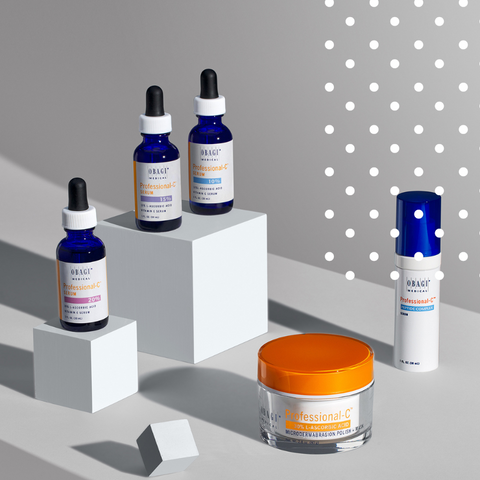
Our range also contains a superstar product from the Obagi Medical range; Obagi Retinol 1.0. This best-selling product uses a gradual retinol delivery system to gently release the ingredients to reduce irritation, so it’s great for sensitive skin and minimising the appearance of fine lines while promoting cell turnover.
You can read more in our article; What is Obagi Retinol 1.0 and how does it work?
Summary: Should I start using retinol in my skincare routine?
It’s the big question; is retinol for you? It can often feel like a commitment to begin using retinol products due to the potential adjustment period and its accompanying side effects, but if you are looking to drastically improve your skin when it comes to the signs of ageing (such as fine lines and wrinkles), acne or hyperpigmentation, then it could be a game-changing ingredient for you, as it has been for many of our clients.
It’s best to speak to one of our Skin Experts when starting an ingredient like retinol in order to assess your skin history, irritations, allergies and skin goals, while also learning more about the ingredient and how to avoid side effects. Your Skin Expert can offer supportive, unbiased advice to help you discover more about what your skin needs.
Want to read more? Click the blog posts below:

